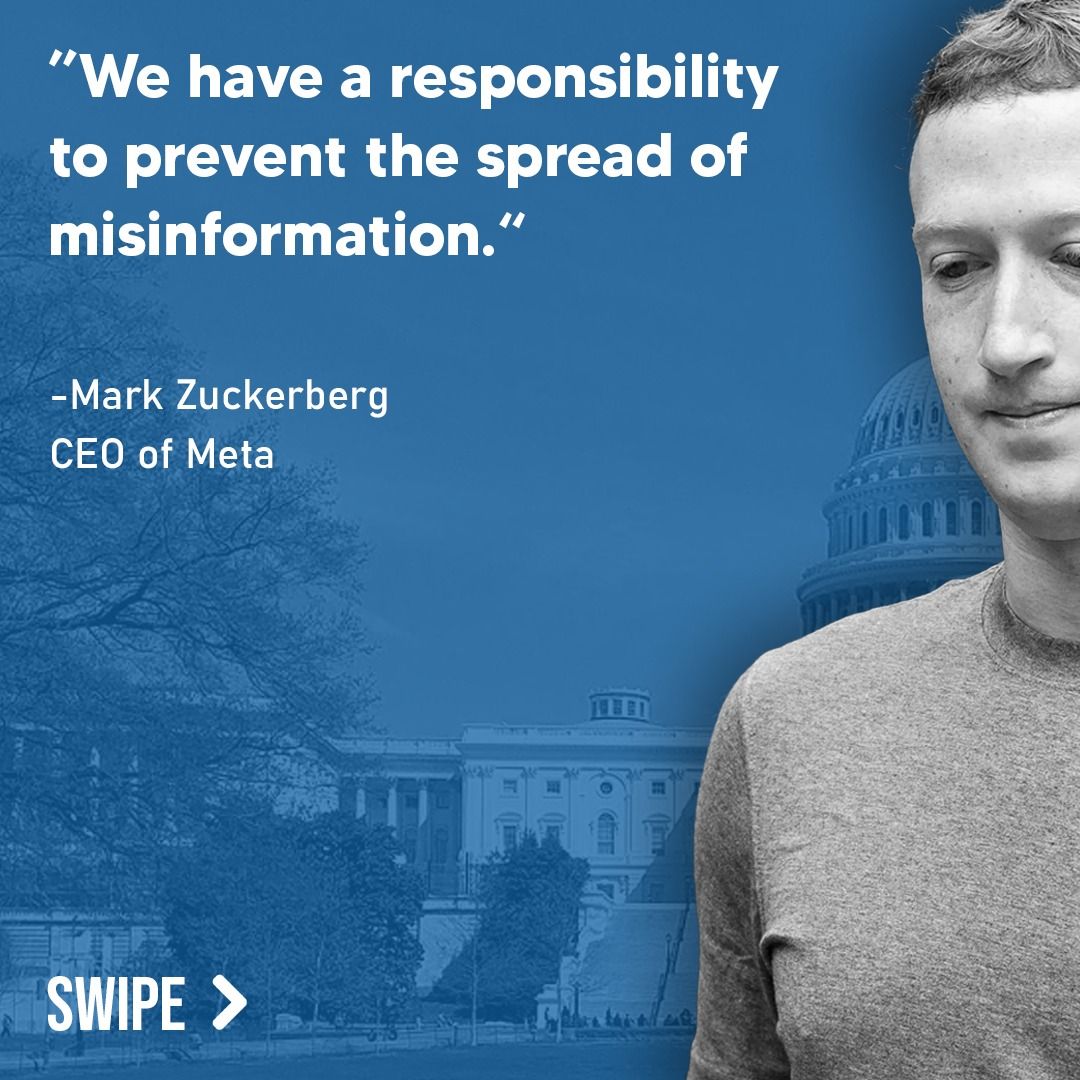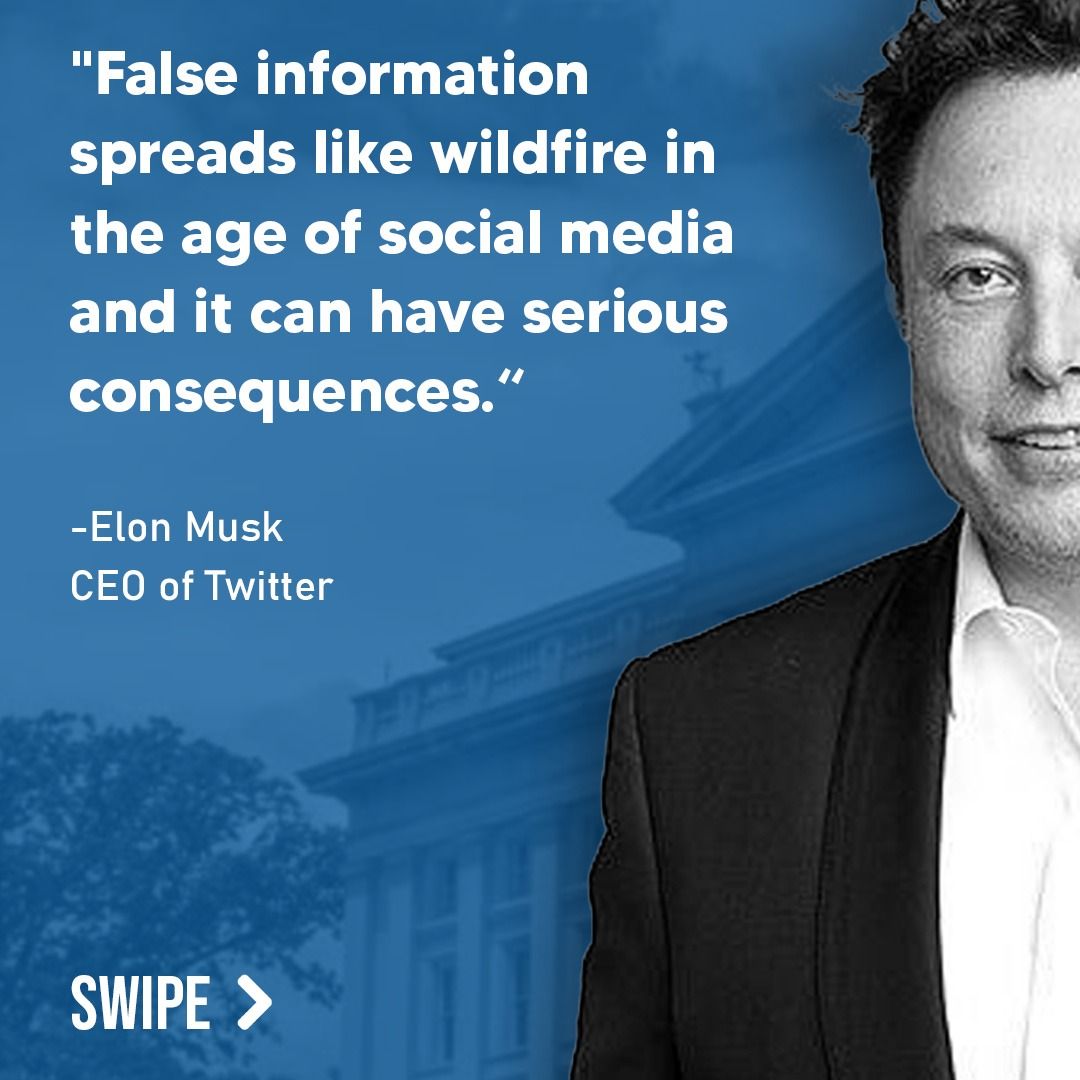Why This Article Was Fact-Checked
The Guardian published an article regarding a $100 billion investment deal between Taiwan Semiconductor Manufacturing Co. (TSMC) and Donald Trump. The article sparked concerns about whether Taiwan is strategically limiting its most advanced chip technology from reaching U.S. soil. Readers have asked whether TSMC’s investment is purely business-driven or if it involves political maneuvering. Our investigation will verify key claims and provide context.

Context Behind Taiwan’s Semiconductor Role
TSMC is the world’s largest semiconductor manufacturer and plays a central role in global technology and geopolitics. Taiwan’s “silicon shield” refers to its dominance in cutting-edge semiconductor fabrication, which incentivizes U.S. and allied support to prevent Chinese intervention. Over the years, semiconductor supply chains have become a point of contention, with the U.S. pushing for domestic manufacturing to secure critical technology from geopolitical risks.
Fact-Checking Key Claims
Claim #1: TSMC’s most advanced semiconductor technology will remain in Taiwan
The article states that Taiwan has promised to keep its most advanced semiconductor processes onshore. The Taiwanese government has indeed expressed concerns about safeguarding core technological capabilities, and officials have emphasized that 2-nanometer and 1.6-nanometer chips will not be produced in the U.S. However, previous reports indicated that TSMC’s Arizona plant might eventually manufacture cutting-edge chips. Given the lack of final regulatory approvals, the specifics remain uncertain. This claim is mostly true, but further developments could alter the situation.
Claim #2: The $100 billion investment helps TSMC avoid a 25% tariff
The article asserts that Trump’s agreement with TSMC ensures the company avoids a 25% industry-wide tariff as part of broader efforts to relocate manufacturing to the U.S. While Trump has promoted bringing tech production to the country, there is no formalized tariff exemption explicitly tied to this deal. Taiwan’s government has also denied that TSMC’s expansion is directly related to tariff avoidance. This claim is misleading as there is no direct evidence supporting a tariff bypass.

Claim #3: Moving TSMC’s production to the U.S. reduces Taiwan’s geopolitical significance
Critics in Taiwan argue that increasing U.S.-based semiconductor production could weaken Taiwan’s leverage by diminishing its vital role in global technology supply chains. While true in theory, TSMC still dominates advanced chip manufacturing, and relocating some capacity does not eliminate Taiwan’s importance. Additionally, the U.S. and its allies continue to emphasize Taiwan’s strategic role. This claim is partially true, but the overall impact remains uncertain.
Final Verdict
The article highlights valid concerns about Taiwan’s semiconductor industry and its geopolitical significance. However, some claims lack clarification, particularly regarding Trump’s tariff exemptions and TSMC’s long-term technology plans. While Taiwan insists its most advanced chip-making processes will stay domestic, previous disclosures suggest gradual advancements might still reach U.S. facilities. The framing of the article implies a strong political motive, but the reality is more complex, balancing economic interests with national security.

Stay Informed and Fact-Check with DBUNK
If you want to stay ahead of misinformation and verify news in real time, download the DBUNK app today. We provide unbiased, fact-based analysis to empower your understanding of global events.
Read the original article here.

